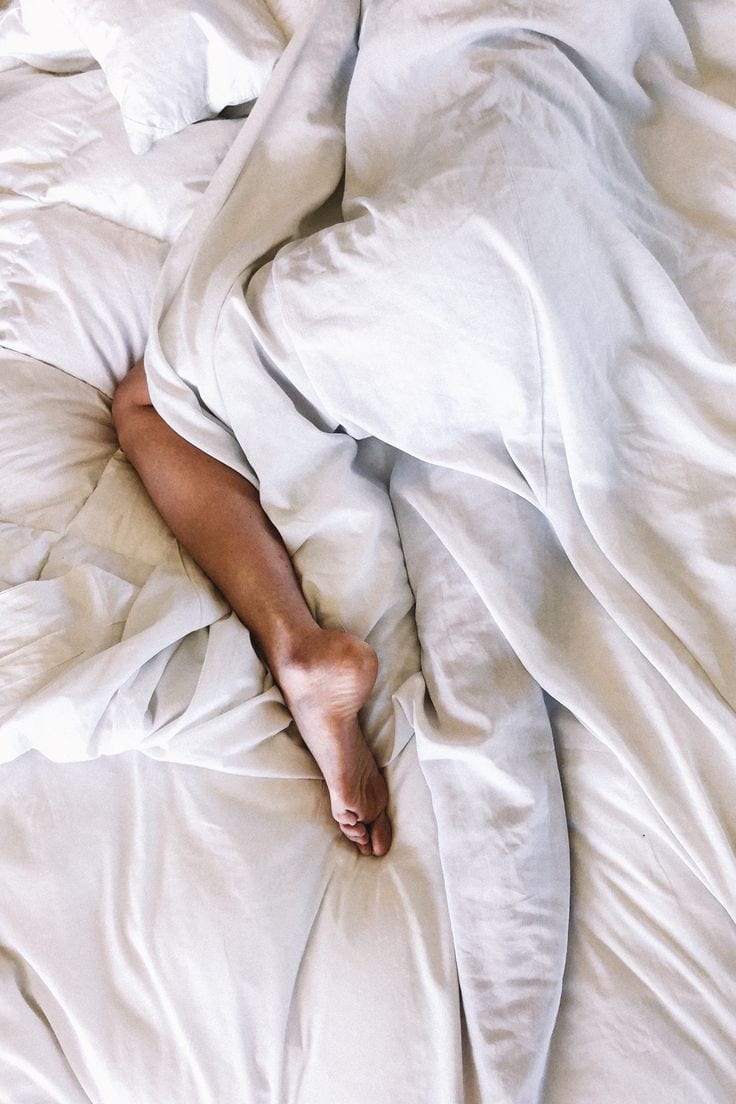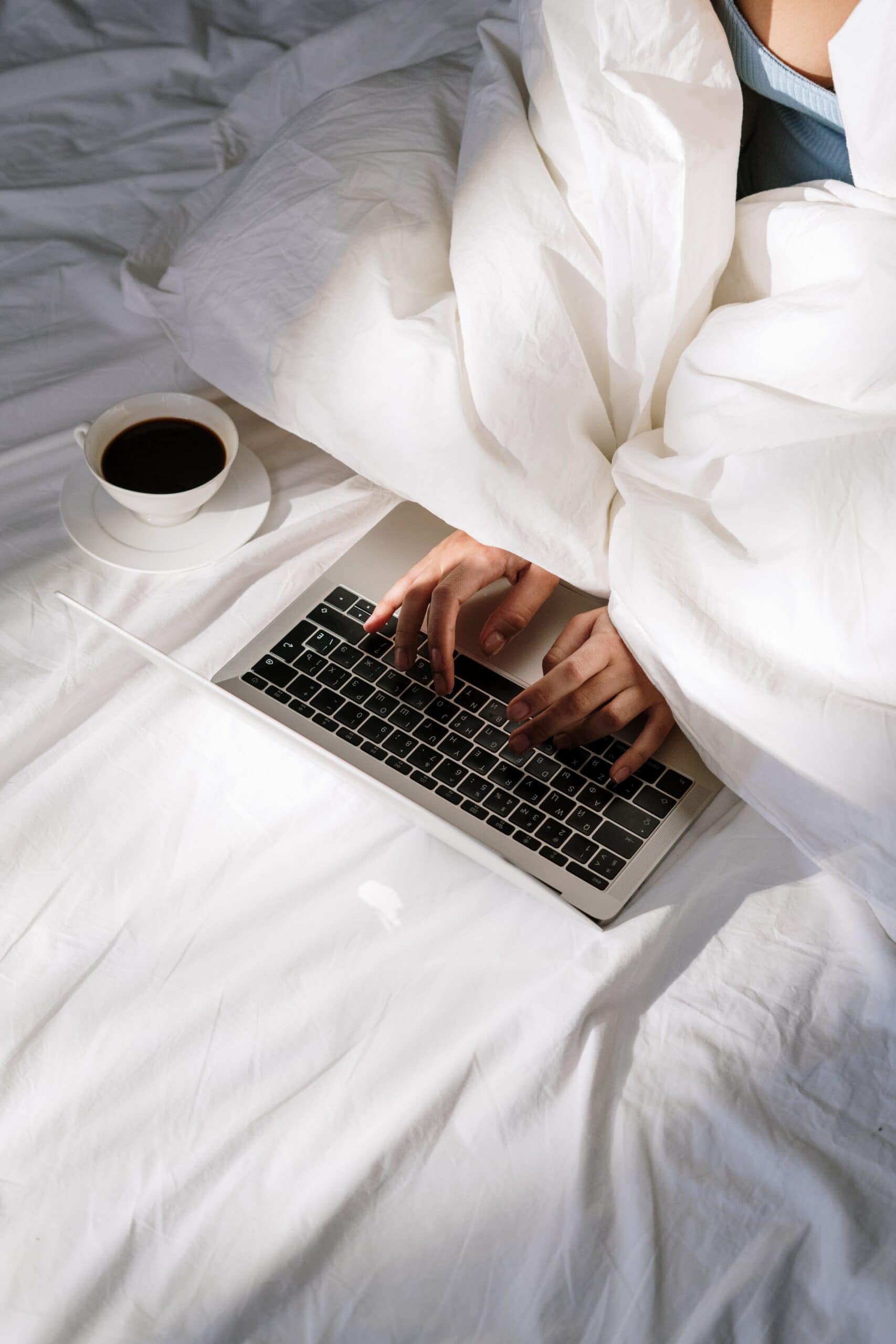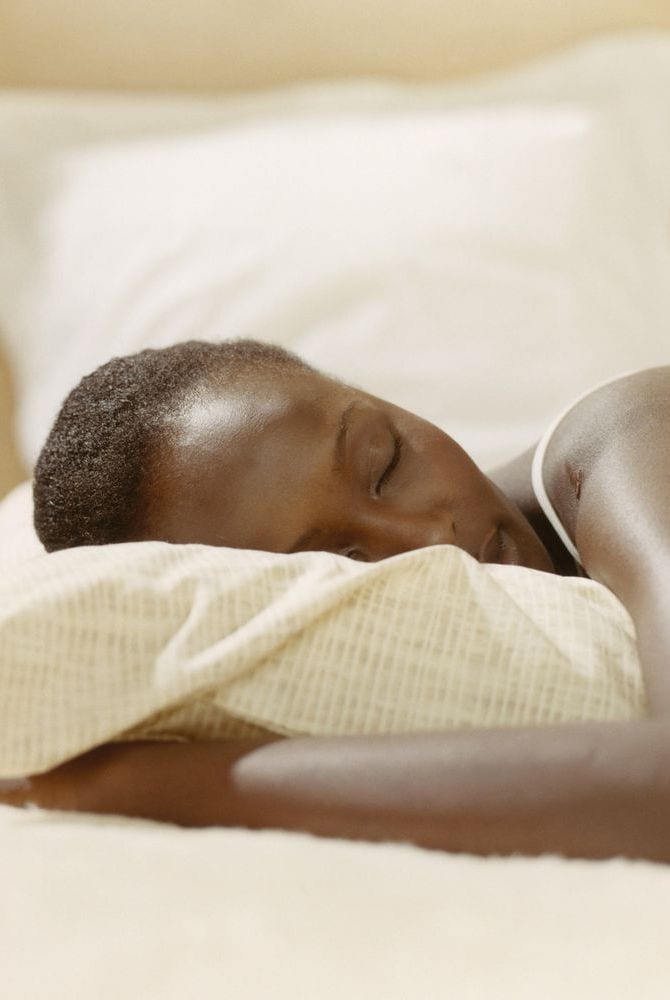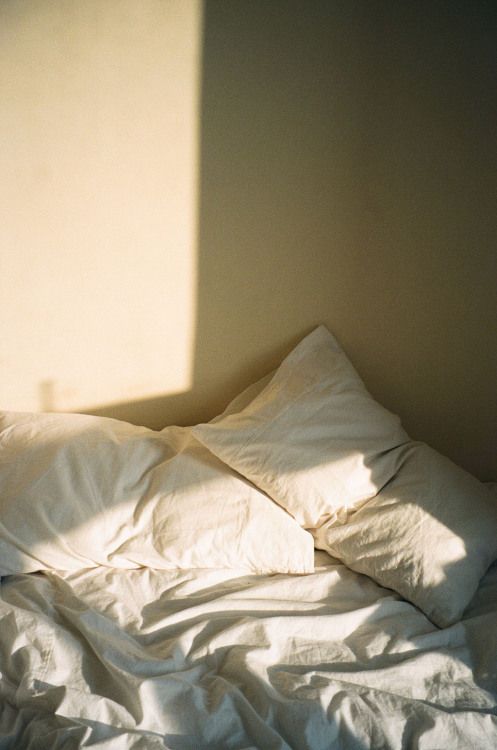Sleep Hygiene 101: Tips for Getting a Better Night’s Rest.
Are you tired of tossing and turning, staring at the ceiling, and counting sheep in the quest to get a restful night’s sleep? You’re not alone. While sleep is essential for overall well-being, unfortunately, poor sleep hygiene can disrupt the precious hours of slumber your body needs. However, with a few practical changes to your physical and mental lifestyle choices, as well as your literal sleeping space, you’ll be equipped with a comprehensive toolkit to optimise and improve your sleep quality and wake up feeling refreshed.
A Good Bedtime Routine is all About Body
Making simple changes to your physical lifestyle habits can significantly enhance your sleep quality. Start with your diet. Avoid large meals, caffeine, and alcohol close to bedtime, as these can disrupt your sleep cycle. Instead, opt for a light, easily digestible snack if needed. Regular exercise is also beneficial for sleep, but the timing matters. Engage in moderate exercise earlier in the day to reap its sleep benefits without energising yourself too close to bedtime. Lastly, be mindful of technology use before sleep, as the blue light from screens hinders melatonin production. Create a technology-free zone at least an hour before bedtime to prepare your body for a restful night’s sleep.
… And Soul


Improving your sleep habits also extends to your mental lifestyle choices. Managing stress is essential. Incorporate relaxation techniques into your evening routine, such as deep breathing exercises, meditation, or progressive muscle relaxation, to calm your mind before sleep. Establishing a consistent bedtime routine also sends signals to your brain that it’s time to sleep – and activities like reading, taking a warm bath, or practising gentle yoga stretches can help train your mind to relax. Additionally, limit daytime naps (focusing on short, 20-30 minute power naps if required) to avoid disrupting your circadian rhythm and nighttime rest.
Sweet Dreams and Sweet Decor


Finally, optimising your sleep environment can be as simple as making your bedroom a better place to rest. To start, consider room temperature – which plays a vital role in good sleep hygiene. Maintaining a comfortable, slightly cooler setting (18-21 degrees Celsius), promotes better sleep. Additionally, controlling lighting is essential to avoid melatonin disruption; invest in blackout curtains and consider a dim nightlight for nighttime navigation. Your bedding matters too. Ensure your mattress offers sufficient support, choose pillows that suit your sleep position, opt for natural breathable fabric like cotton for your quilt covers, and maintain cleanliness and comfort through regular washing and replacement. Noise disturbances can disrupt sleep, so use white noise machines, earplugs, or noise-cancelling headphones to minimise disturbances. Furthermore, eliminating electronics from the bedroom is crucial, as screens can be distracting and hinder sleep. Finally, while cuddling with your furry friend can be comforting, it can also disrupt your sleep if your pet moves around or snores. Consider providing a separate sleeping space for your pet if their presence is affecting your sleep quality.
Need a little support creating the perfect sleeping space? Chat with a member of the BOWERBIRD Interior Design team today.